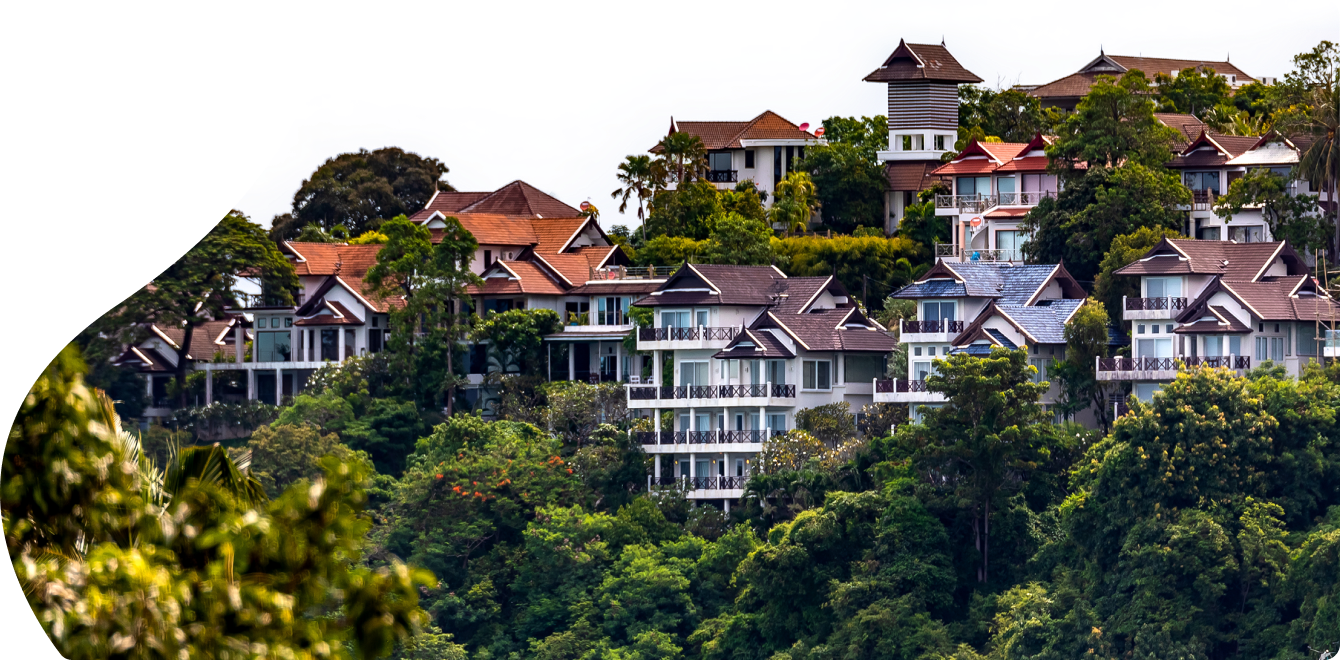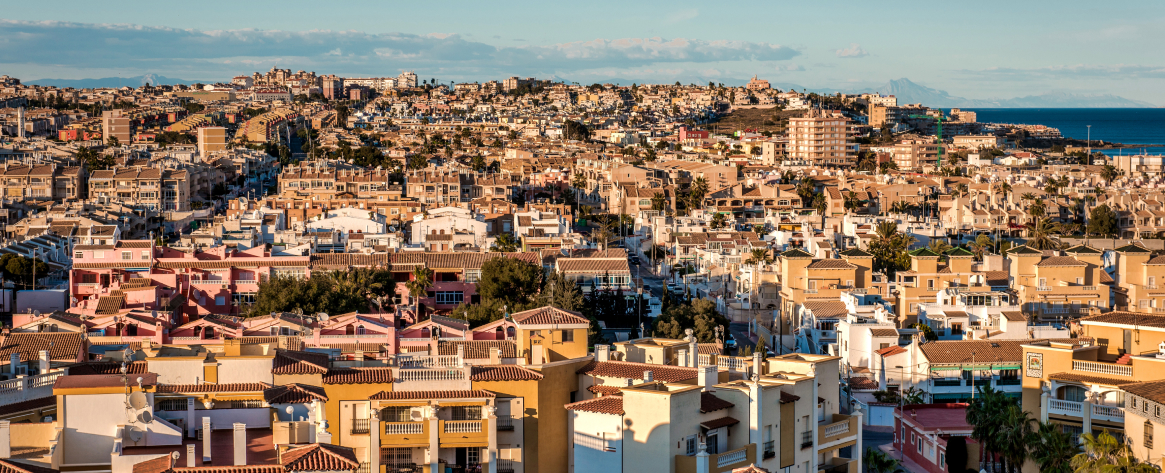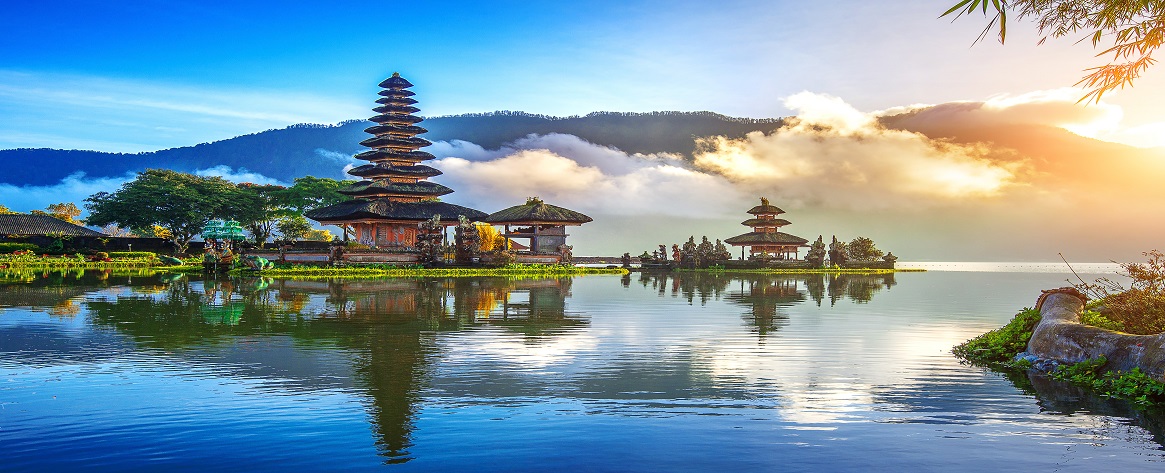Villas & houses in Thailand for sale
- more ...
- Thailand
- Thailand ×
- Phuket ×
- Pattaya ×
- Koh Samui ×
- Patong ×
- Rawai Beach ×
- Choeng Thale ×
- Karon ×
- Surat Thani ×
- Jomtien ×
- Chonburi ×
- Phra Khanong ×
- All locations in Thailand ×
- Apartments
- Houses, villas, cottages
- Terraced houses
- Show all types
- Apartments
- Buy-to-let apartments
- Condos
- New homes
- Penthouses
- Houses, villas, cottages
- Castles
- Chalets
- Terraced houses
- Islands
- Development land
- Show popular
- 100k
- 300k
- 500k
- 700k
- 1M
- 2M
- 3M
- 100k
- 300k
- 500k
- 700k
- 1M
- 2M
- 3M
Rental income of up to 12% per annum in Thailand
-
Investments from $100,000 in new construction
-
Resort property by the sea
-
Remote transaction with direct payment from Russia
-
Thai Elite Visa can be obtained

Phuket real estate developers directory
We have selected the most reputable and experienced developers in Phuket with promising projects


Tranio Global Real Estate
Lagoon Plaza, 21/6 Lagoon Rd, Cherngtalay Thalang Choeng Thale, Thalang District, Phuket 83110, Thailand



Tranio Global Real Estate
Ohmydesk Business Center, Al Fattan Downtown, 32d St, 103-104, Al Satwa Dubai, UAE



Tranio Global Real Estate
67 Jl Bypass Ngurah Rai Br Kerthayasa, Bali, Kuta Badung, 80361
.jpg)
International Schools in Phuket

Which rental strategy is more lucrative in Phuket: guaranteed yield or rental pool?
.jpg)
Types of property ownership in Thailand: freehold and leasehold

Tourism in Thailand: types, features, and know-hows

Climate in Thailand: change by month and region

Healthcare in Thailand for expats in 2024
... and 50 more publications- Bank of Greece: How housing prices in Greece have changed in 2023
- Greece expected to set different minimum thresholds for the golden visa programme depending on locations
- Property prices in Indonesia on the rise
- Hungary introduces new Golden visa programme
- Dubai and Bali became Tripadvisor's top tourist destinations
- Henley & Partners revealed the world's strongest passports in 2024
- Land Ownership. Foreigners cannot own land in Thailand in their own name. However, they can own the building or house on the land. The most common practice is to have a long-term lease for the land (up to 30 years) and own the structure on the land outright.
- Condominiums. Foreigners can own condominium units in Thailand in their own name, provided that the total foreign ownership in the building does not exceed 49% of the total floor area. This means that condominiums are a popular option for foreigners looking to own property in Thailand.
- Legal Structures. Foreigners can set up a Thai company with Thai majority shareholders to purchase land in Thailand. This method is commonly used by investors or those looking to acquire larger plots of land. It's essential to consult with a qualified lawyer or legal advisor to understand the regulations and implications of this option.
- Restrictions. Even with the ability to purchase property, it's important to note that some areas in Thailand, such as those close to military installations, may have additional restrictions on land ownership by foreigners. It's crucial to do thorough research and consult legal professionals to ensure compliance with all regulations.
- Legal Assistance. It is highly recommended to work with a reputable lawyer who specializes in Thai real estate law to navigate the intricacies of property ownership in Thailand. They can guide you through the legal process, protect your interests, and ensure compliance with local regulations.
Please keep in mind that regulations can change over time, so it's essential to verify the current laws and seek professional advice when considering purchasing property in Thailand as a foreigner.
In popular tourist areas such as Bangkok, Phuket, or Pattaya, real estate prices tend to be higher compared to other regions in Thailand. On the other hand, if you look at less-developed areas or rural regions, you may find more affordable options.
- Leasehold. Foreigners can lease land or property in Thailand for a maximum period of 30 years. The lease can be renewed for additional terms, typically two more terms of 30 years each, subject to the agreement between the parties involved.
- Thai Company. Foreigners can set up a Thai company in which they hold a majority of the shares (51% or more). The company can then purchase the land and villa on behalf of the foreign investor. It's important to note that the company must be a legitimate operating entity with proper business activities.
- Condominiums. Foreigners can own condominium units outright in Thailand, provided that the total foreign ownership of the condominium building does not exceed 49% of the total floor area. This is a popular option for many foreigners looking to own property in Thailand, as it allows for full ownership and control of the individual unit.
Thailand offers various types of visas, including retirement visas, investment visas, work permits, and others. The most common long-term visa is the Non-Immigrant Visa (Category O-A) for retirees. This visa allows individuals aged 50 or above to stay in Thailand for a year, with the option to renew it annually. However, it is important to fulfill the financial and other requirements set by the Thai government to be eligible for this visa.
A lawyer can assist you in several ways, including:
- Title and due diligence. They can conduct a thorough title search to verify the property's ownership, check for any liens, encumbrances, or legal issues related to the property, and ensure that the seller has the legal right to sell the property.
- Contract review. A lawyer can review and explain the terms and conditions of the purchase agreement or contract, making sure your rights are protected and that all necessary clauses are included.
- Negotiation and legal advice. They can provide guidance during negotiations with the seller or their representatives, helping you understand your rights and obligations, and ensuring that your interests are safeguarded.
- Documentation and registration. A lawyer can assist with preparing and reviewing the necessary documents for the property transfer, such as the sale and purchase agreement, and guide you through the registration process with the Land Department.
- Legal compliance. They can ensure that the transaction complies with all relevant laws and regulations in Thailand, including foreign ownership restrictions, taxes, and other legal obligations.
Having a lawyer on your side can offer peace of mind and help you make informed decisions throughout the property buying process. They can provide personalized advice based on your specific circumstances and help protect your interests.
- Ownership of land. In Thailand, foreigners are generally not allowed to own land outright. However, there are legal alternatives available to foreigners who wish to buy property, such as villas or houses:
- Leasehold. Foreigners can lease land for a period of up to 30 years. This lease can be renewed for additional periods, usually twice, for a total leasehold period of 90 years.
- Limited companies. Foreigners can set up a Thai limited company with Thai majority shareholders (51% Thai ownership) to purchase land. The land is owned by the company, and the foreigner can own the majority of the shares in the company.
- Condominiums. Foreigners can buy a condominium unit in Thailand outright, as long as the ownership of foreign nationals in a condominium project does not exceed 49% of the total floor area.
- Regulations and legal requirements. Foreigners purchasing property in Thailand should consult with a qualified Thai lawyer to ensure compliance with local laws and regulations. The legal process involves due diligence, drafting and signing contracts, and registration of ownership at the Land Department.
- Restrictions on certain areas. Some areas of Thailand, such as those designated as national parks or near military installations, may have additional restrictions on land ownership by foreigners. It's important to research the specific area and its regulations before making a purchase.
- Financing options. Foreigners may face limitations when it comes to obtaining financing from Thai banks. It's advisable to explore alternative financing options or consider self-financing the property purchase.
In major cities like Bangkok, housing prices can be relatively high, particularly in popular and central areas. Luxury properties and high-end condominiums in prime locations tend to have higher prices. On the other hand, if you move to less populated areas or smaller cities, you will generally find more affordable housing options.
Thailand also has a wide range of property types available, including apartments, condominiums, townhouses, and detached houses. Prices will vary depending on the type, size, quality, and amenities offered.
It's important to note that land ownership laws in Thailand can be complex for foreigners. Foreigners are generally not allowed to own land directly, but they can typically own buildings and condominium units. There are legal structures available to lease land or own property through a Thai company, but it is advisable to consult with a local legal expert for specific details and regulations.
Overall, while housing prices in Thailand can be relatively affordable compared to some Western countries, it is essential to research the specific area you are interested in and consider the factors that can influence the prices.
-

Euronews Source
-

ekathimerini.com
-

Issuu
-

Mansion Global
-

The Portugal News
-

The Spaces
-

BasNews
-

The European Times
In recent years, Thailand has seen a steady increase in house prices, particularly in major cities such as Bangkok and Phuket. According to a report by the Bank of Thailand, house prices in Bangkok have increased by an average of 4.2% per year from 2010 to 2019, while prices in Phuket have increased by an average of 5.3% per year over the same period.
One of the factors driving the rise in house prices in Thailand is the country's growing economy, which has led to an increase in demand for housing. Additionally, a growing number of foreign buyers are investing in Thai real estate, particularly in areas such as Phuket and Chiang Mai, which are popular destinations for retirees and expats.
Another factor contributing to the rise in house prices is the limited supply of land in major cities, which has led to a shortage of available housing units. Developers have responded by building more high-rise condominiums, which offer a more affordable option for buyers who want to live in the city center.
Despite the rise in house prices, however, Thailand remains an affordable option compared to other countries in the region such as Hong Kong and Singapore. In addition, the Thai government has implemented policies to support affordable housing, such as offering tax incentives to developers who build low-cost housing units.
Overall, the increase in house prices in Thailand reflects the country's growing economy and the rising demand for housing, particularly in major cities. While prices may continue to rise in the short term, Thailand remains an attractive option for buyers looking for affordable real estate in Southeast Asia.





































































